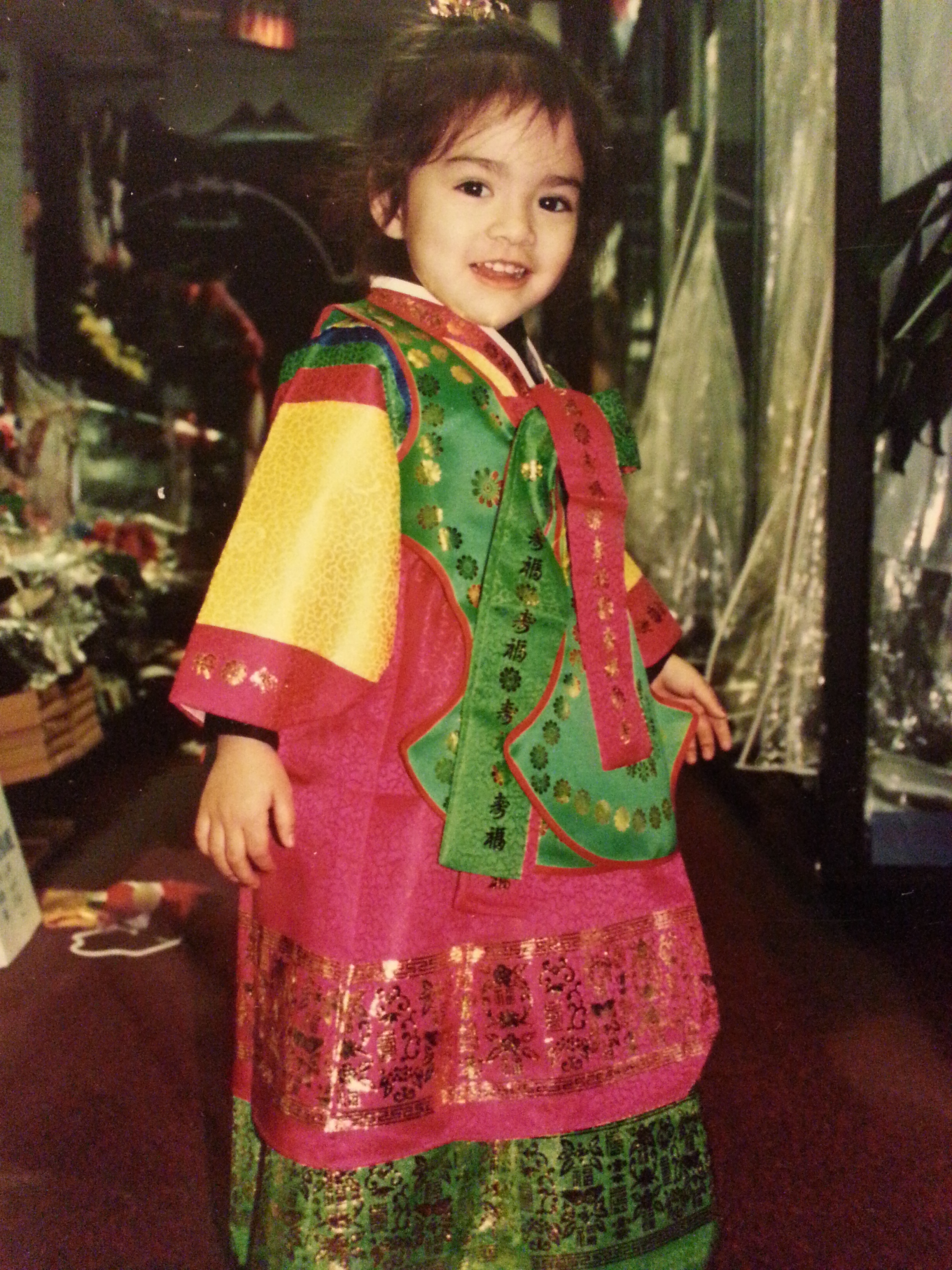My First Day of School
I moved around a lot growing up. Every other year, I found myself at a new school, but I was always able to find a group of kids to fit in with, until one year I couldn’t.
I know we all go through awkward phases, but this had nothing to do with my zip-off pants.
My last big move as a child was across the country, from New York City to a small, suburban town in Northern California. Unlike most moves, this one did not occur in normal academic year, I started class at a new school in January.
My first day of class, I walked into a room full of white students. I stared at them. They stared at me.
There were four girls, including myself, in the class. The teacher set up the desks in a weird U shape where there were four desks in the center where the girls sat and the remaining 16 male students sat around in the U. (Pause, before we go on, can we acknowledge what a strange seating arrangement this is to teach men to keep women central and the main focal point like this? But this story is not about that.)
I was brought into the classroom and awkwardly sat in the middle of the class with nowhere to hide from their stares.
When lunch came around, I thought I’d see someone I could connect with, but everyone looked so different and no one wanted to talk to me. I tried to talk to some other kids, but they made fun of me for stumbling over words. One student even came up to me and told me that I must be mean because I was from “the Big Apple.” Students weren’t the only ones that treated me this way; even a teacher mocked me for not being able to read some words in English.
This was not only my first day of a new school living in a new state, but also my first experience with racism.
I hadn’t noticed a difference in how people looked or spoke before then. As many others in my age group, experiences like these drove me to completely give up my culture as a child. I will always regret this decision and my family supporting this behavior. It is what it is, and I’m glad to know that bilingual households are much more encouraged today.
About Diana Klatt
Diana Klatt is a graduate student by day and a science communicator by night. She currently works in epidemiology, global health, and human rights. Her primary research focus is gender-based violence and mental health in migrants and refugee populations. Diana also makes videos to educate the general public about science in everyday life and how we, as humans, impact the world. She has new podcast series, Global Caveat, launching this December. Read more at klattalyst.com.

